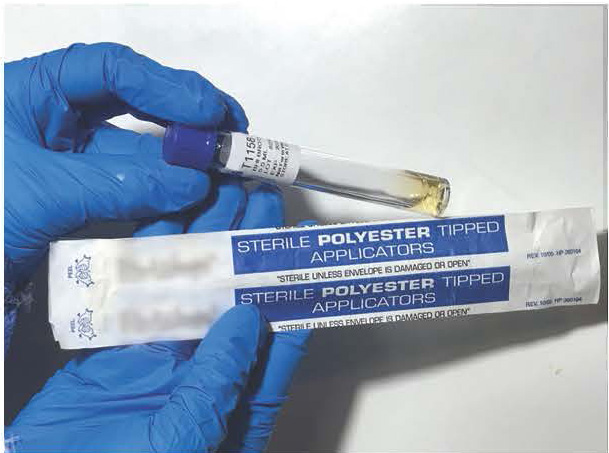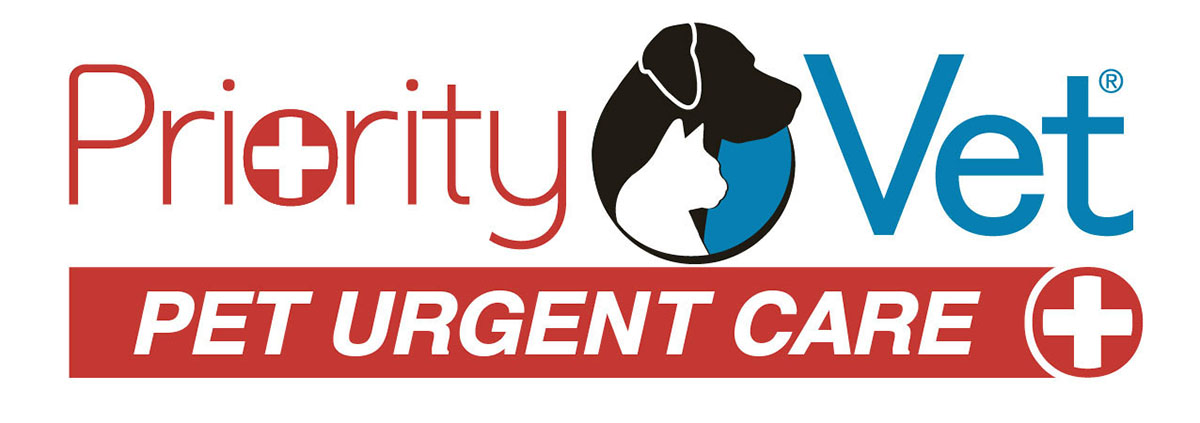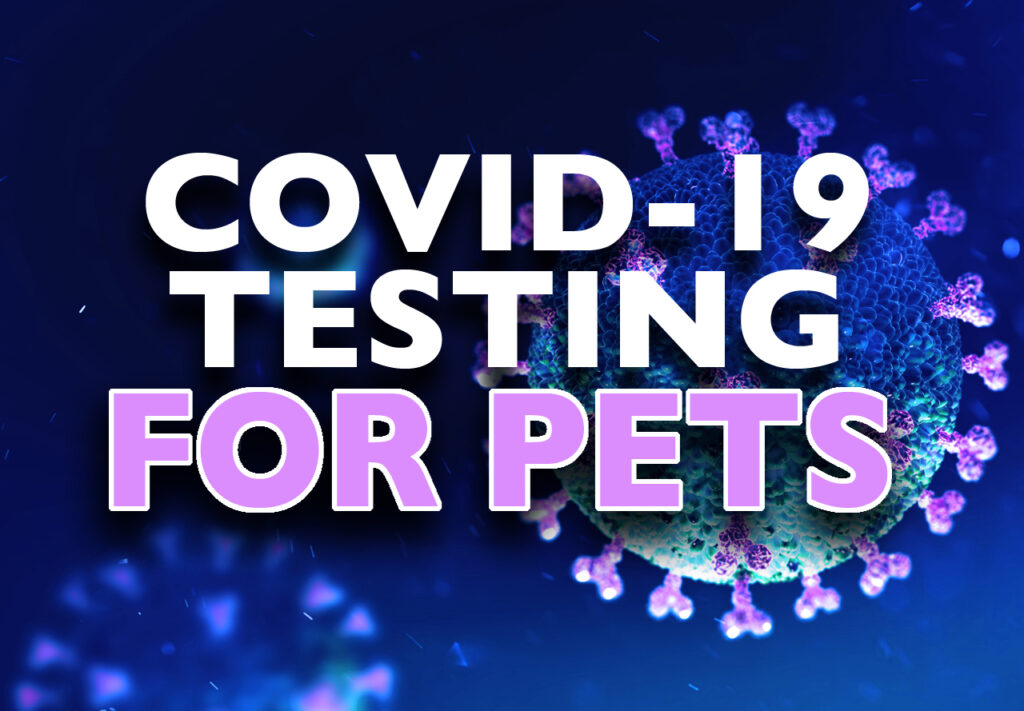Most pets will not need to be tested for SARS-CoV-2, the virus that causes COVID-19. When testing is appropriate, samples should always be collected by a licensed veterinarian in consultation with a state public health veterinarian or state animal health official after a complete evaluation of an ill pet.

Routine testing of pets for SARS-CoV-2 is not currently recommended by veterinary infectious disease experts or public health veterinarians. Testing may be appropriate in certain situations after a complete evaluation of your pet by your veterinarian. Because COVID-19 is considered an emerging disease by the World Organisation for Animal Health (OIE), any presumptive positive test results for SARS-CoV-2 that are received by your veterinarian must be confirmed by a USDA National Veterinary Services Laboratory.
Why isn’t routine testing recommended? Despite millions of cases of COVID-19 in people worldwide, there are very few reports of pets becoming infected with SARS-CoV-2. Even fewer pets have become ill.
• In some rare situations, people may be able to spread SARS-CoV-2 to animals; however, there’s no evidence that pets play a significant role in the spread of COVID-19.
• Clinical signs of infection with SARS-CoV-2 are very similar to those arising from other, more common illnesses, so it’s important to rule out those other potential causes before pursuing the possibility that a pet is infected with SARS-CoV-2.
What does illness in pets infected with SARS-CoV-2 look like?
Limited information is available, but signs of illness thought to be compatible with SARS-CoV-2 infection in pets include fever, coughing, difficulty breathing or shortness of breath, lethargy, sneezing, nasal or eye discharge, vomiting, and diarrhea. To date, illness has been mild among those few animals that appear to have become sick from SARS-CoV-2. Many other more common diseases and conditions can cause similar signs of illness in pets, so it’s important to explore those more likely causes first.
When might testing be appropriate? Testing is available for mammalian companion animal species in certain situations. Testing is not currently available for amphibians, reptiles, fish, or birds. Testing may be justified for some companion animals when:
• A pet has signs of illness consistent with infection by the virus, more common causes for the illness have been ruled out, and the pet has been in close contact with a known or suspected COVID-19 human patient or the pet has been exposed to a high-risk environment (e.g., nursing facility, prison, cruise ship) where a human COVID-19 outbreak took place.
• An unusual pattern of disease in an animal shelter or boarding facility suggests illness may be due to SARSCoV- 2 and an appropriate veterinary evaluation has ruled out more common causes.
• Recently imported companion animals show an atypical pattern of disease that may be consistent with infection by SARS-CoV-2, and appropriate diagnostics have ruled out more common causes.
• Testing companion animals is part of an approved research project gathering scientific information to better understand SARS-CoV-2 and its effects, and approved animal care and biosafety protocols are followed.
What should I do if I think my pet may have the virus? Call your veterinarian. Tell them why you’re concerned and whether your pet has had close contact with someone who has a known exposure to or has been sick with COVID-19.
• Your veterinarian will work with you to determine the best course of action, including whether an examination and, perhaps, testing are needed.
• Do not pursue testing for SARS-CoV-2 through anyone who isn’t a licensed veterinarian. Only a licensed veterinarian should collect the samples needed for testing.


